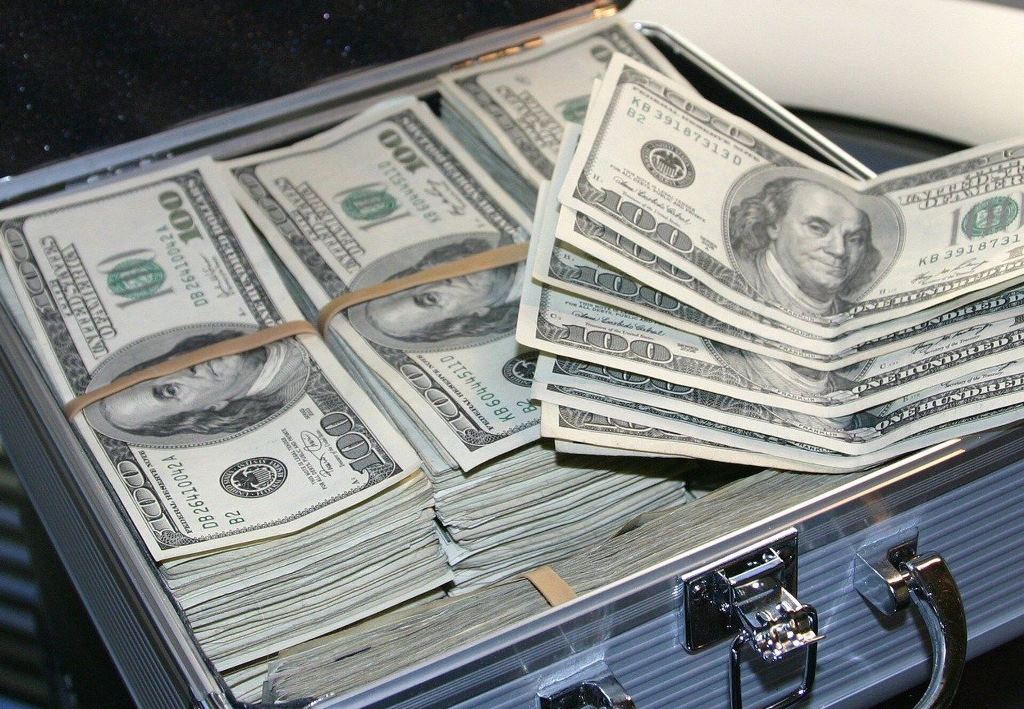During the period from August 30, 2021 to the end of 2022, national o Tajikistan legalized more than 2.3 billion somonis (equivalent to about 225 million U.S. dollars), Chairman of the National Bank of Tajikistan (NBT) Hokim Kholiqzoda said in an interview with Sadoi Mardum, a mouthpiece of the Majlisi Oli (Tajikistan’s parliament).
According to him, 501.1 million somonis of the legalized funds have bene deposited in banks, 904.6 million somonis have been invested and 929.7 have been spent in other directions.
Recall, Tajikistan’s law on amnesty allowing individuals to legalize their assets and money that had not been previously declared and illegal incomes, which was adopted on June 30, 2021 and came into force on July 5 the same year and legalization was to expire in a year, has been extended until July 4, 2023. Such an amnesty is only a one-time initiative.
The legalization of assets and money automatically exempts holders of such assets from administrative and criminal liability.
This law provides for the simultaneous legalization of both assets and money
Under this law, precious metals and gems mined in the territory of Tajikistan illegally or acquired in Tajikistan or abroad with undeclared money could be legalized.
Tajik nationals, both individual entrepreneurs and founders and shareholders of legal entities, can legalize precious metals and gems
Legalization does not apply to precious metals and gems subject to confiscation on the basis of a court order or if criminal or administrative proceedings were instituted against their holders. Legalization also does not apply to property of convicts.
For legalization of assets relevant commissions have been set up at the administrations of all cities and district
Legalization of money is carried out in banks with obtaining a relevant certificate.
Tajikistan has some experience in carrying out such amnesties, which were announced in the country three times. But the simultaneous legalization of both assets and money was carried out in Tajikistan for the first time.
The first such an action was carried out in 2003 to attract additional financing in the country’s economy. The law provided for legalization of money only and did not apply to assets.
In address to the parliament, President Emomali Rahmon noted in April 2004 that 190 million U.S. dollars owned by 18,000 people had been legalized in the framework of that one-time action.
The next such an action was carried out in 2008-2009 and it applied only to assets, which were illegally acquired or misappropriated.
As a result, more than 87,000 assets at a total cost of 19 billion somonis (equivalent to US$5 billion at the then exchange rate) had been legalized.
The third amnesty for legalized money was held in 2010-2011. The law that was passed at the time provided for legalization of money for purchase of shares of the Open Joint-Stock Company (OJSC) NBO Roghun, which was founded by the Government for completion of the construction of the Roghun hydroelectric power plant. The authorities opened special bank accounts for this.
The results of this amnesty were not made public probably due to insignificant volume of the legalized funds.




